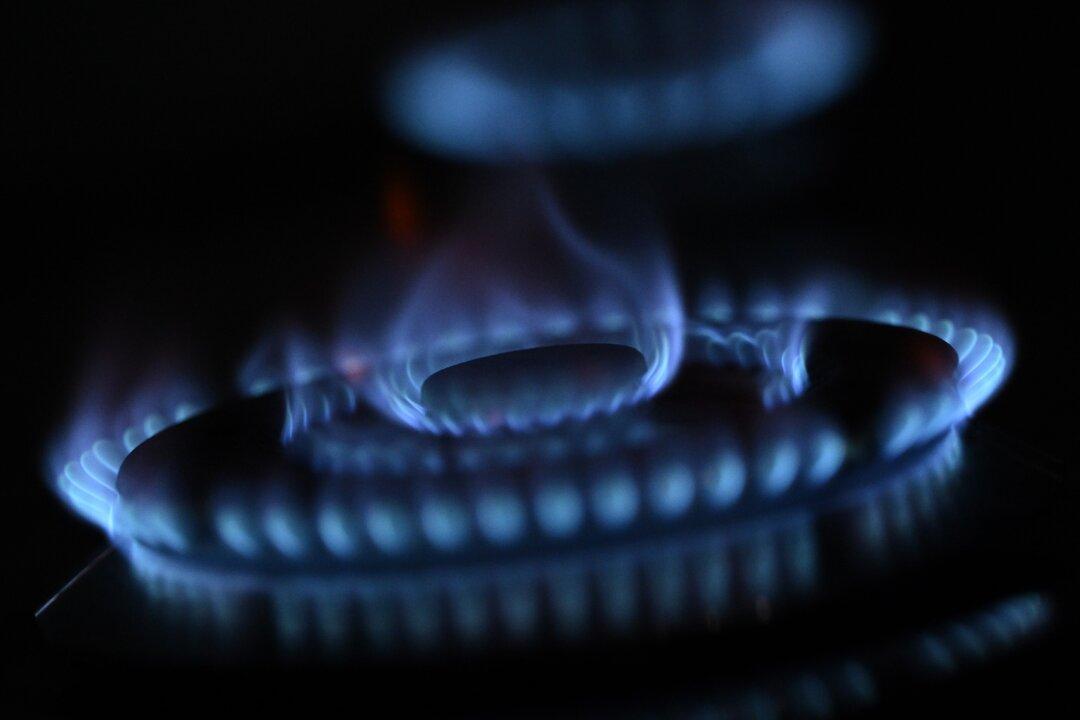Several Australian gas retailers have reported supply issues following the government’s implementation of the gas price cap, which prompts the consumer watchdog to keep a close eye on gas producers.
In a recent gas market development, AGL–the second-largest energy retailer in Australia, confirmed that the company has been unable to secure an incremental contract supply of gas for 2023.





